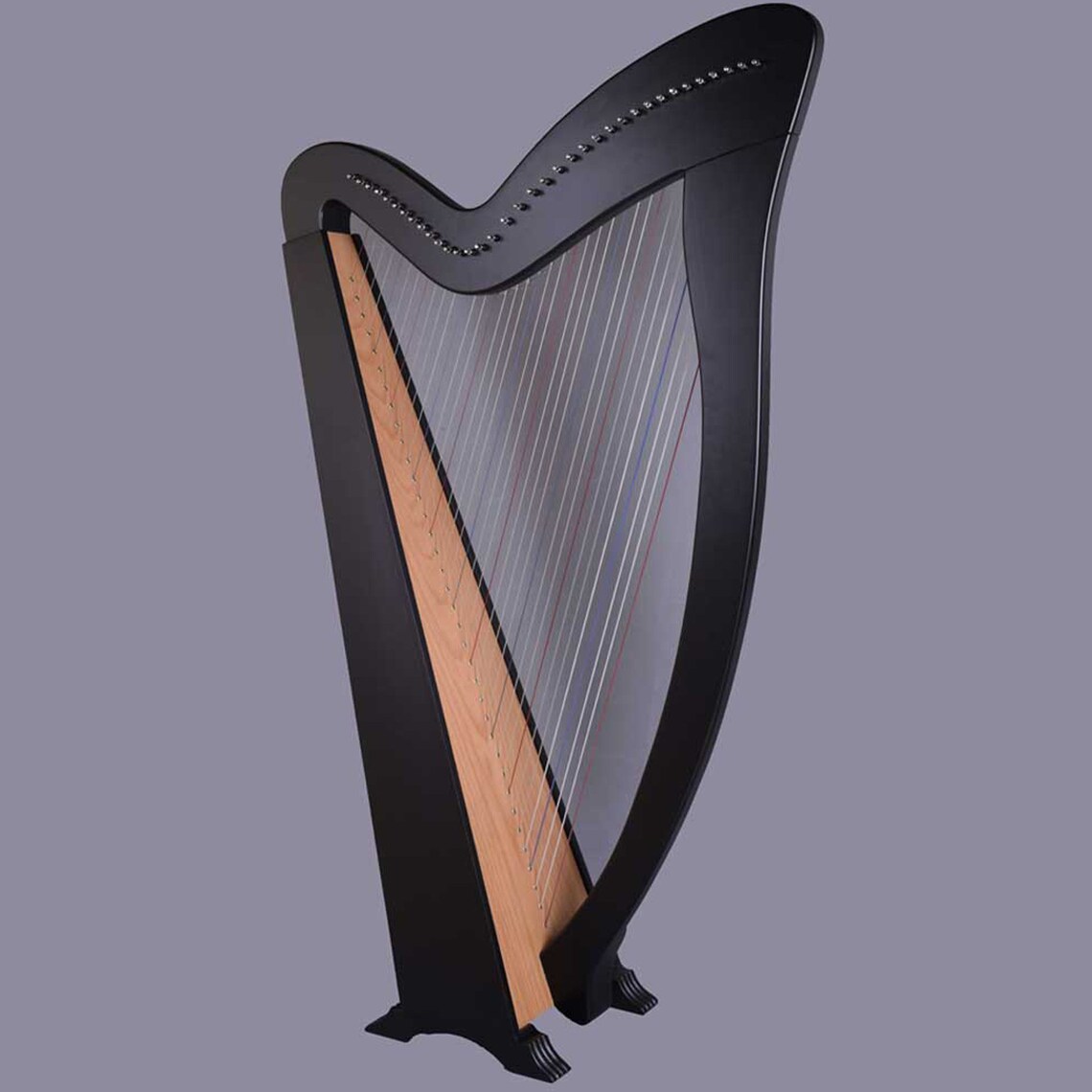
It’s rare to find a fiddle player who plays a particular song the same way that another player belts it out. Fiddle players have more freedom of expression than other band members. It’s rare to find a traditional Irish band that doesn’t have at least one fiddle player-it is core to the trad sound. A flute’s fingering is similar to today’s woodwind instruments, and it is played by blowing across the mouthpiece rather than into it.

#Irish stringed instrument portable#
Whistles date back to the 12 th century, and they’re often the first instrument an Irish musician picks up, being portable and inexpensive. The tin whistle, or penny whistle, is high-pitched while the larger whistle has a deep, mellow sound.

Flutes and whistles sing the melodies of traditional Irish music, and they get our feet tapping to Irish jigs and reels. Throughout time, flutes have pulled at our hearts and transported us. It is at least 50,000 years old, making it the oldest known musical instrument. The Flute and WhistleĪn ancient flute was found in a cave in Slovenia. The Celtic harp is still a thing of beauty, magic, and quiet power. The best harpists could make their instruments cause listeners to weep, laugh, be still, or rise up. The harpists became itinerant musicians, traveling from town to village, bringing tales of the wonderful and terrible things they’d seen along the way. The harp was played for the Irish Chieftains until the Flight of the Earls in 1607, when Irish nobles left under threat from invading masses. It’s an ancient instrument, and legend has it that it came to Ireland by way of Egypt over 2,000 years ago.

Ireland is the only country with a musical instrument on its flag, and that instrument is the harp. Be bold, be happy, and fall under its spell.īelow are the instruments at the heart of Irish music. Whether you travel to Dublin, Galway, Cork, or stick to small Irish villages, live Irish music is at the top of everyone’s bucket list. There are sixty-five pubs in the town of Dingle itself, and most have nightly music. When you visit the west of Ireland, you’ll hear some of the country’s finest on the Dingle peninsula. Music is the unofficial language of Ireland, a language of love that transcends time.


 0 kommentar(er)
0 kommentar(er)
